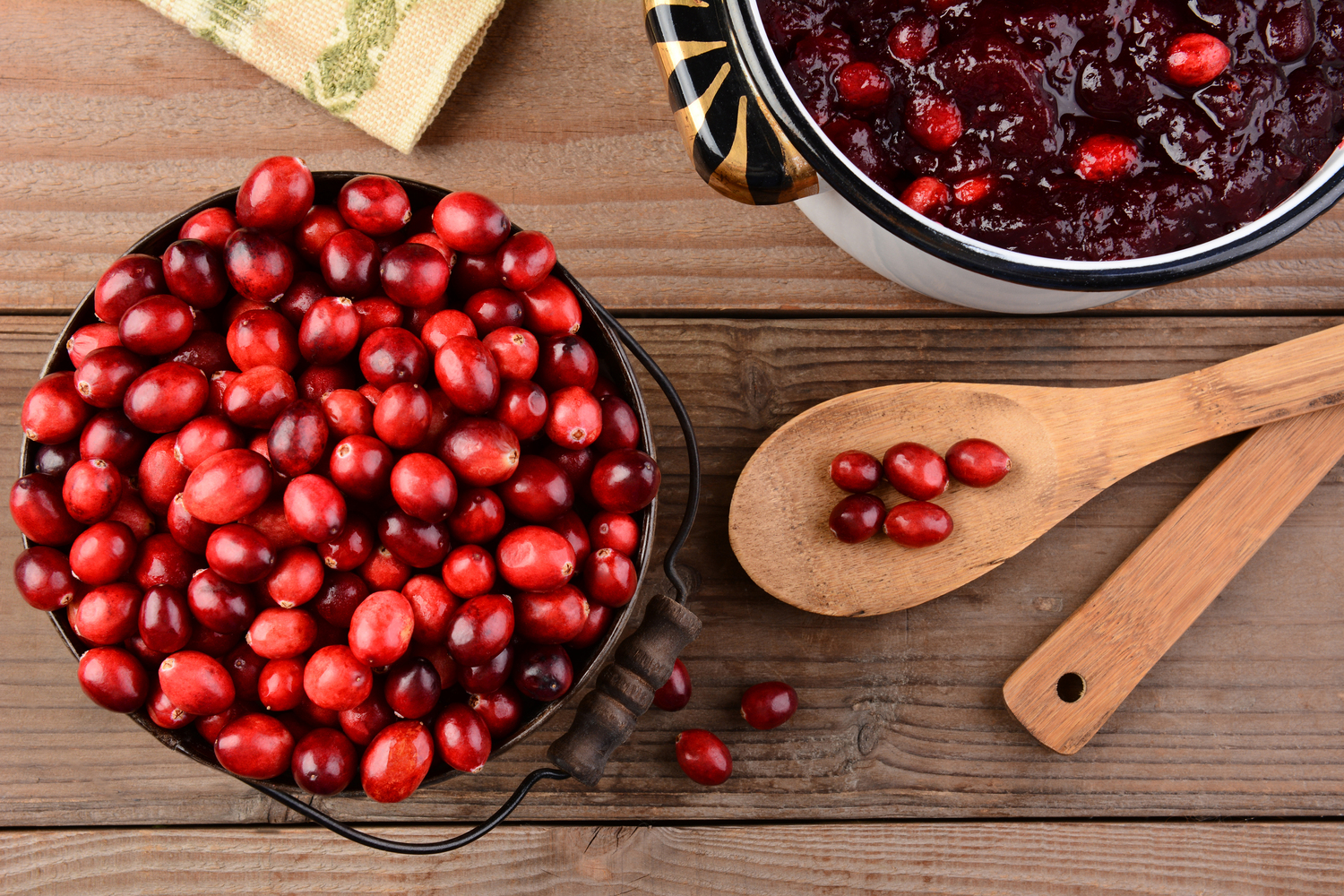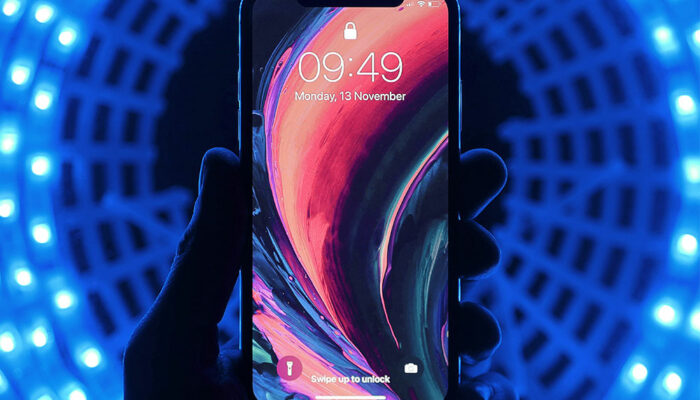
Foods to Avoid With Atrial Fibrillation
Atrial fibrillation (or AFib) is characterized by irregular and rapid heart rhythm (or arrhythmia), which can lead to the development of blood clots in the heart. Atrial fibrillation also increases the risk of hypertrophic cardiomyopathy (or HCM heart condition), which causes the heart muscle to become abnormally thick (or hypertrophied) and makes it difficult for the heart to pump blood.
Side effects of drugs such as Ibrutinib (a type of kinase inhibitor) may also increase the overall risk of atrial fibrillation. Patients with AFib are often told to watch what they eat by doctors. This is because certain foods can increase blood pressure, making symptoms more severe and harder to manage. Here are seven foods to avoid with atrial fibrillation:
1. Alcohol
Drinking alcohol may intensify the anticoagulant effect of Warfarin (a commonly prescribed blood thinner) and increase the risk of developing blood clots. While doctors recommend AFib patients limit alcohol intake to no more than two drinks per day for men and one drink per day for women; most experts further recommend avoiding alcohol altogether if the patient is taking Warfarin, as even small amounts may increase the risk of bleeding or clotting problems
2. Caffeine
Caffeine is a stimulant that can increase heart rate and trigger atrial fibrillation. A typical cup of brewed coffee has between 100 and 200 mg of caffeine. While a serving of black tea only contains 50 mg, which is about half the amount in coffee. Energy drinks contain even more caffeine than regular brewed coffees and teas, so these should also be avoided with atrial fibrillation. Most healthcare providers recommend that patients limit their intake of this stimulant to no more than 300 mg per day
3. Grapefruit
Grapefruit and its juice can interact with several medications, including blood thinners, to increase the risk of developing blood clots in AFib patients. In addition, grapefruit contains compounds that may interfere with how your body absorbs certain medications, such as blood pressure drugs. Thus, consuming it can result in too much or too little of the medication in the bloodstream, which can be very dangerous
4. Cranberry juice
While cranberry juice is a popular home remedy for several health issues, the excess sugar in this juice can increase blood sugar levels in patients with AFib. This in turn can exacerbate AFib symptoms or even increase the risk of developing other health issues, such as diabetes. If you like cranberry juice, limit your consumption to no more than one small serving per day
5. Salty foods
Salt is dangerous for those with atrial fibrillation because eating salty foods can cause both water retention and blood pressure to rise. High blood pressure can increase your risk of developing clots in the heart. Limit the amount of salt you eat to less than 2,300 mg per day
6. Gluten
Gluten can be found in wheat, rye, and barley. Some studies suggest that diets high in gluten can increase the risk of developing atrial fibrillation (AF) if the patient already has a genetic susceptibility to the condition. If you have been diagnosed with celiac disease or gluten sensitivity, you should also avoid gluten-containing foods
7. Asparagus
Asparagus contains asparagusic acid, which can thin the blood, increase the risk of bleeding, and increase the risk of blood clot formation in AFib patients.



